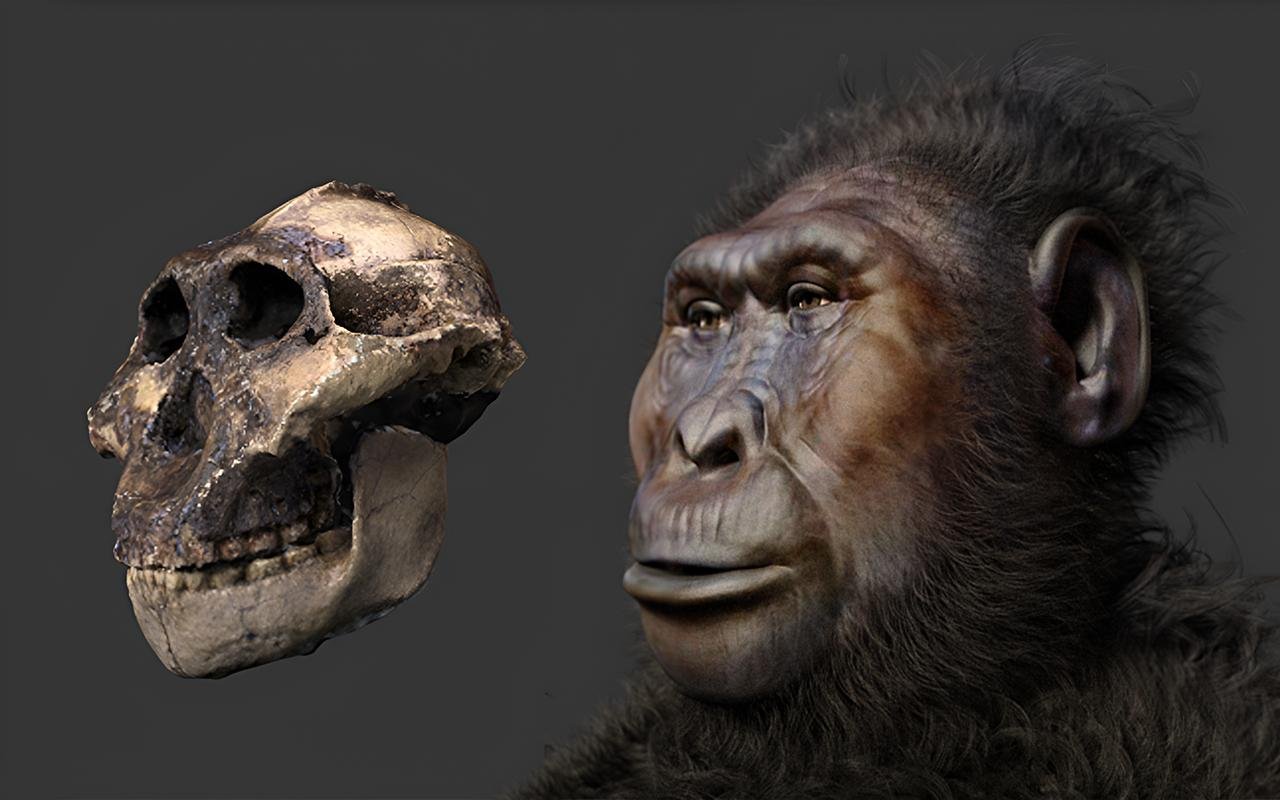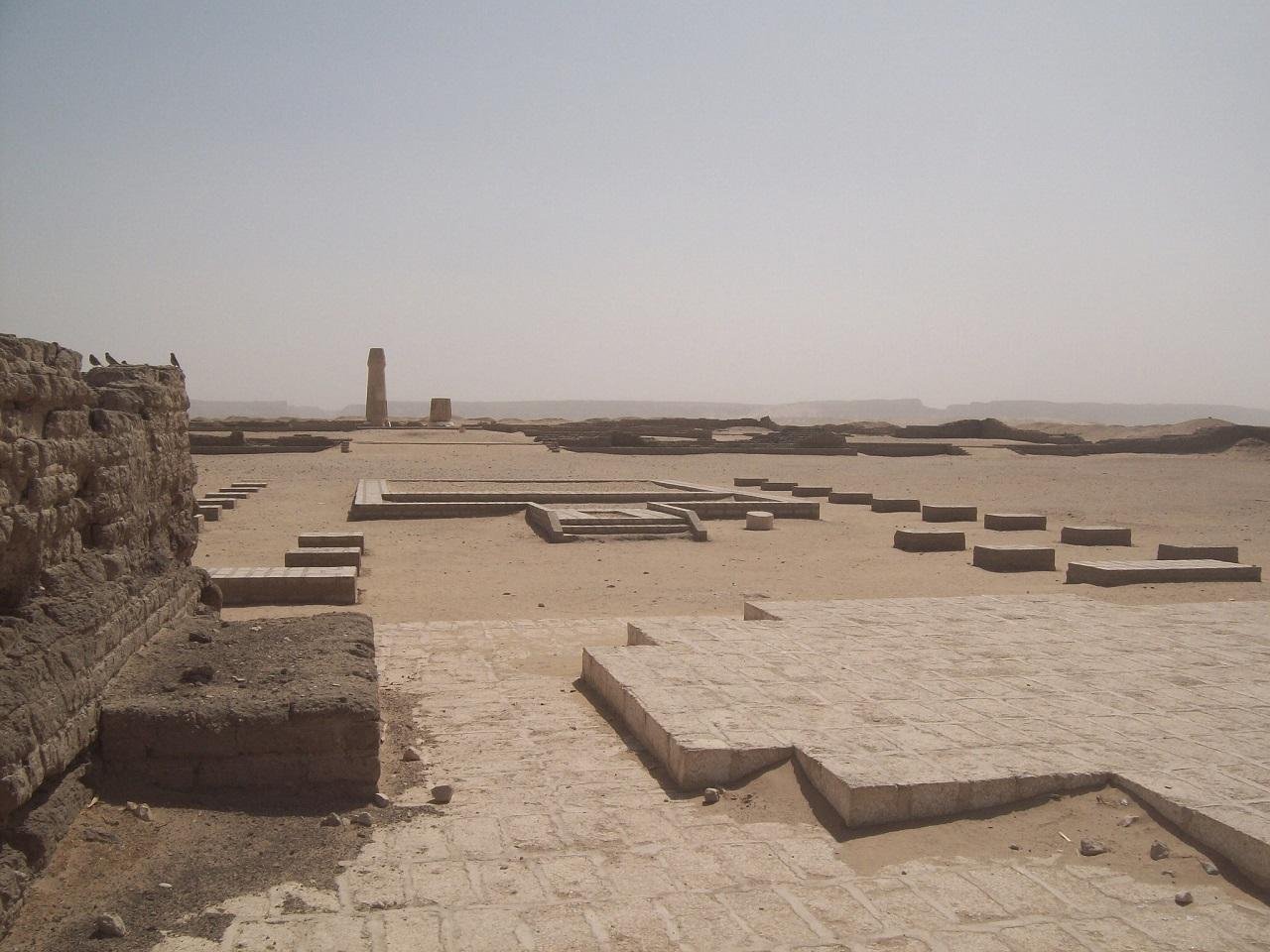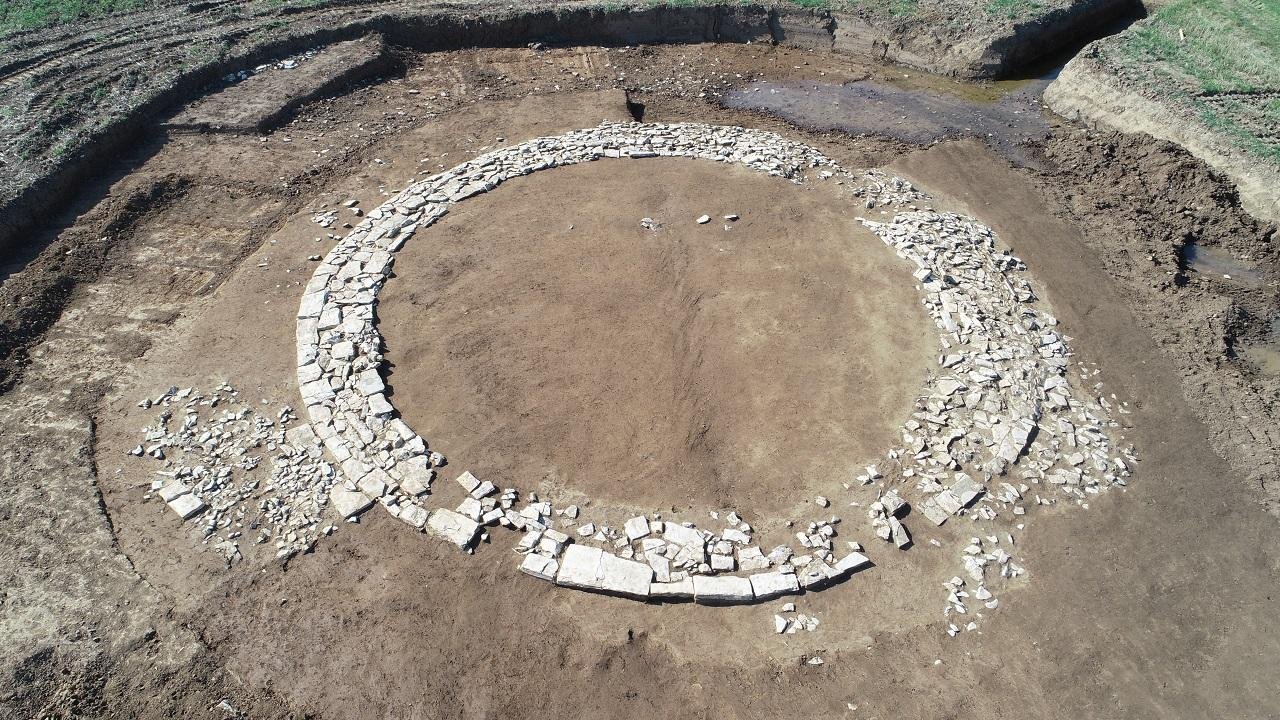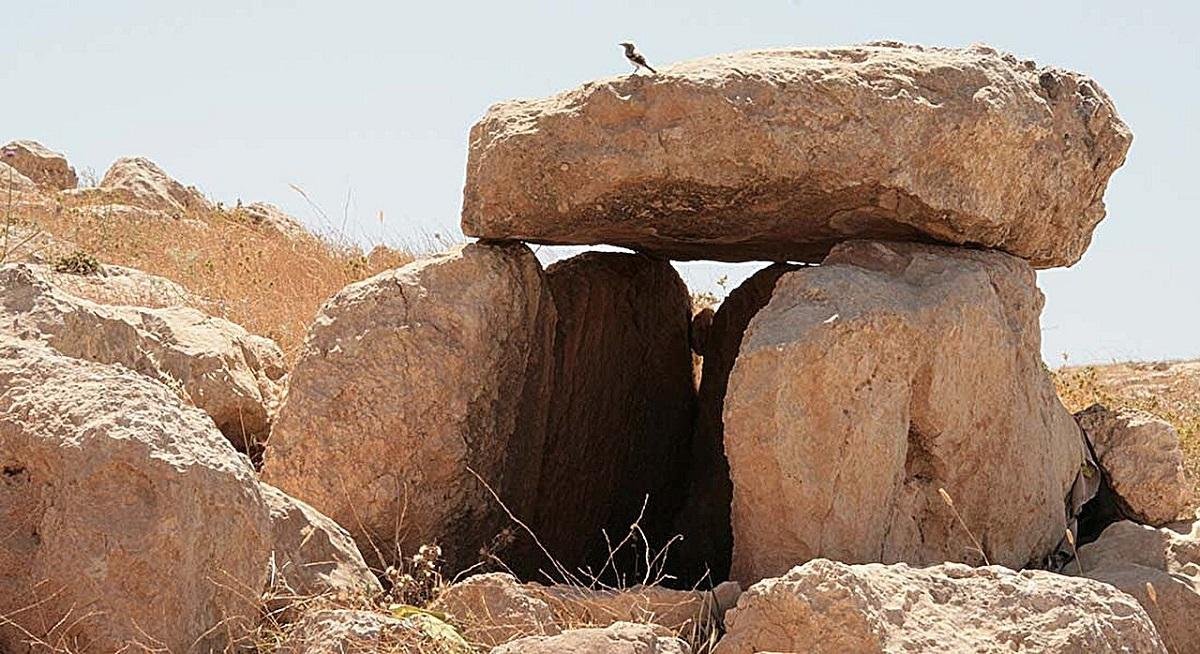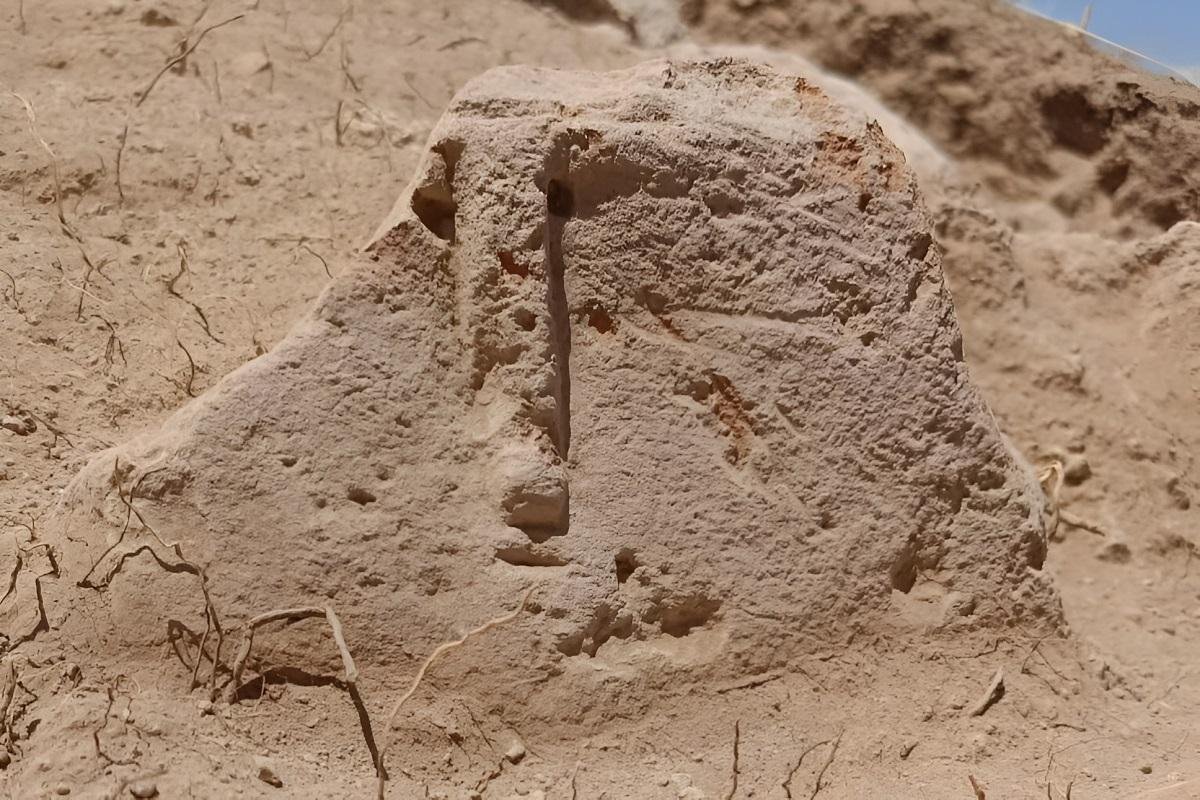Archaeologists in eastern Croatia have unearthed a horrific scene from the Roman Empire’s turbulent past — a mᴀss grave of seven men, likely Roman soldiers, interred deep in an ancient well. The discovery, made in 2011 during the construction of a university building in Osijek (ancient Mursa), has now been thoroughly studied and published in PLOS ONE, casting new light on one of Rome’s bloodiest civil wars.
 Human remains from the 3rd-century mᴀss grave discovered in the Roman city of Mursa, Croatia. Credit: M. Novak et al., PloS One (2025); CC BY 4.0
Human remains from the 3rd-century mᴀss grave discovered in the Roman city of Mursa, Croatia. Credit: M. Novak et al., PloS One (2025); CC BY 4.0
The seven complete skeletons were found in a two-meter-wide, three-meter-deep well, all stacked irregularly and even headfirst, suggesting they were carelessly dumped in haste. The burials were dated to the second half of the third century CE by radiocarbon analysis, and the dating was confirmed by a coin minted in 251 CE. The vertical stratification and the presence of flesh at the time of deposition indicate that the event occurred suddenly, immediately following violent deaths.
All seven skeletons were adult males — four young adults and three middle-aged — showing signs of physically demanding lives. They were tall for their time, with an average height of 172.5 centimeters, and exhibited bone stress markers typical of trained soldiers. The researchers concluded that the men perished in a catastrophic event, most likely the Battle of Mursa in 260 CE, when Emperor Gallienus defeated the usurper Ingenuus during the Crisis of the Third Century.
Bioanthropological examination revealed the brutality of their deaths. Some skulls bore healed wounds from earlier fights, while others showed perimortem injuries — a punctured sternum likely caused by a spear or arrow, a sword cut on the arm, broken teeth, and puncture wounds to the ribs and hip. These injuries, inflicted from multiple directions, testify to the ferocity of close combat and the chaos of the battlefield. The bodies were stripped of armor and valuables before being discarded in the well.
 Exact location of the well during excavation (marked with a red circle). Credit: M. Novak et al., PloS One (2025); CC BY 4.0
Exact location of the well during excavation (marked with a red circle). Credit: M. Novak et al., PloS One (2025); CC BY 4.0
All seven men exhibited bone reactions on their ribs consistent with lung infections, indicating that they suffered from respiratory diseases such as pneumonia at the time of death — evidence of the harsh conditions of military life.
Isotopic analysis revealed that the men had nearly identical diets, high in grains such as wheat and millet and supplemented by small quanтιтies of meat. This pattern matched the known rations of Roman soldiers, who relied mainly on bread, salted meat, oil, and wine.
 Archaeologists identified (A) a broken right maxillary central incisor and (B) a cut on the diaphysis of the left humerus in one individual. Credit: M. Novak et al., PloS One (2025); CC BY 4.0
Archaeologists identified (A) a broken right maxillary central incisor and (B) a cut on the diaphysis of the left humerus in one individual. Credit: M. Novak et al., PloS One (2025); CC BY 4.0
DNA testing added a deeper layer of insight: diversity. Four of the men had genetically distinct ancestral origins — from northern and central Europe, the eastern Mediterranean, and the Black Sea region. One individual showed possible Sarmatian ancestry, reflecting the Roman practice of recruiting foreign auxiliaries into its legions. This mix confirms historical accounts describing the later Roman army as a multicultural force drawn from across the empire and beyond.
The authors argue that the men were either killed in battle or executed shortly afterward. Historical records indicate that Gallienus showed no mercy to Ingenuus’s defeated troops, and the archaeological evidence aligns with this account.
Each piece of evidence — the dating, the demographics, the trauma, and the hasty burial — leads to one conclusion: these men perished in one of Rome’s forgotten civil wars. Their remains offer a rare and profoundly human glimpse into the turmoil of the Crisis of the Third Century.
More information: Novak, M., Yavuz, O. E., Carić, M., Filipović, S., & Posth, C. (2025). Multidisciplinary study of human remains from the 3rd century mᴀss grave in the Roman city of Mursa, Croatia. PloS One, 20(10), e0333440. doi:10.1371/journal.pone.0333440
